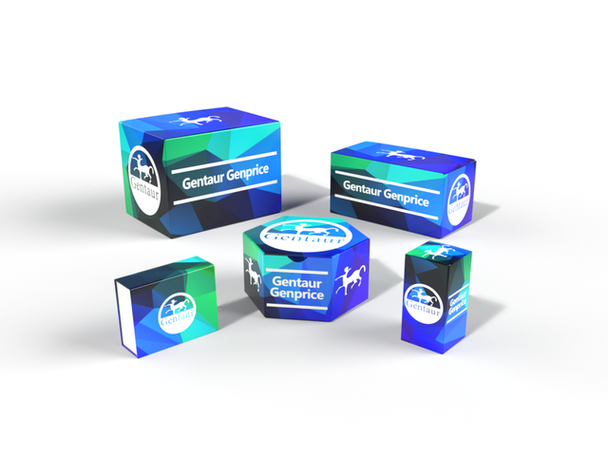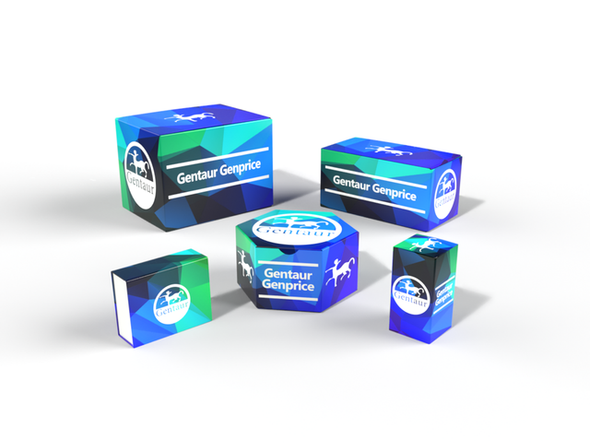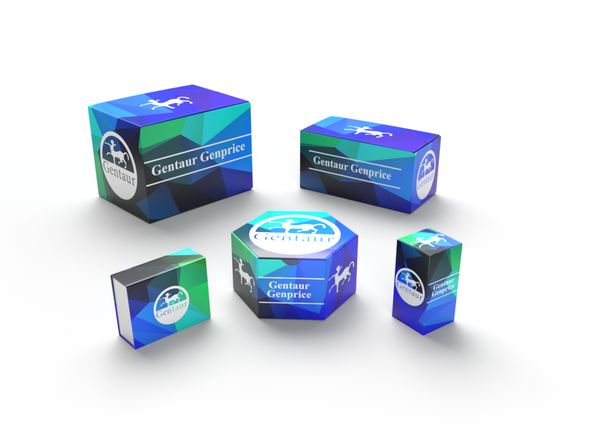740
Human CAMP-dependent protein kinase type I-alpha regulatory subunit (PRKAR1A) ELISA Kit | AE25997HU
- SKU:
- 740-AE25997HU
- Availability:
- Usually ships in 5 working days
Description
Human CAMP-dependent protein kinase type I-alpha regulatory subunit (PRKAR1A) ELISA Kit | AE25997HU | Gentaur UK, US & Europe Distribution
Species Reactivity: Human (Homo sapiens)
Abbreviation: PRKAR1A
Alternative Name: CAR; CNC; CNC1; DKFZp779L0468; MGC17251; PKR1; PPNAD1; PRKAR1; TSE1; cAMP-dependent protein kinase regulatory subunit RIalpha|cAMP-dependent protein kinase type I-alpha regulatory chain|cAMP-depende
Application: ELISA
Range: Request Information
Sensitivity: Request Information
Intra-Assay: ≤4.2%
Inter-Assay: ≤8.1%
Recovery: 0, 96
Sample Type: Serum, Plasma, Other biological fluids
Detection Method: Sandwich
Analysis Method : Quantitive
Test Principale: This assay employs a two-site sandwich ELISA to quantitate PRKAR1A in samples. An antibody specific for PRKAR1A has been pre-coated onto a microplate. Standards and samples are pipetted into the wells and anyPRKAR1A present is bound by the immobilized antibody. After removing any unbound substances, a biotin-conjugated antibody specific for PRKAR1A is added to the wells. After washing, Streptavidin conjugated Horseradish Peroxidase (HRP) is added to the wells. Following a wash to remove any unbound avidin-enzyme reagent, a substrate solution is added to the wells and color develops in proportion to the amount of PRKAR1A bound in the initial step. The color development is stopped and the intensity of the color is measured.
Product Overview: cAMP is a signaling molecule important for a variety of cellular functions. cAMP exerts its effects by activating the cAMP-dependent protein kinase A (PKA), which transduces the signal through phosphorylation of different target proteins. Four different regulatory subunits and three catalytic subunits of PKA have been identified in humans. TSE1 is one of the regulatory subunits. This protein was found to be a tissue-specific extinguisher that down-regulates the expression of seven liver genes in hepatoma x fibroblast hybrids. Functional null mutations in this gene cause Carney complex (CNC), an autosomal dominant multiple neoplasia syndrome. This gene can fuse to the RET protooncogene by gene rearrangement and form the thyroid tumor-specific chimeric oncogene known as PTC2.
Stability: The stability of ELISA kit is determined by the loss rate of activity. The loss rate of this kit is less than 5% within the expiration date under appropriate storage condition. The loss rate was determined by accelerated thermal degradation test. Keep the kit at 37°C for 4 and 7 days, and compare O.D.values of the kit kept at 37°C with that of at recommended temperature. (referring from China Biological Products Standard, which was calculated by the Arrhenius equation. For ELISA kit, 4 days storage at 37°C can be considered as 6 months at 2 - 8°C, which means 7 days at 37°C equaling 12 months at 2 - 8°C) .






